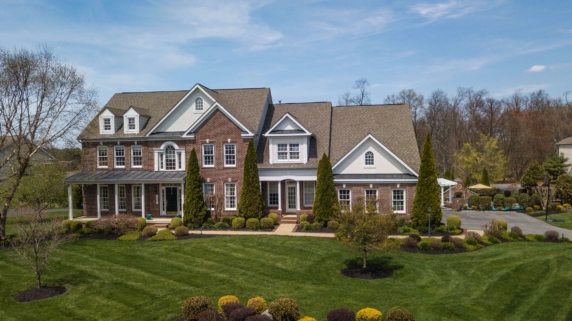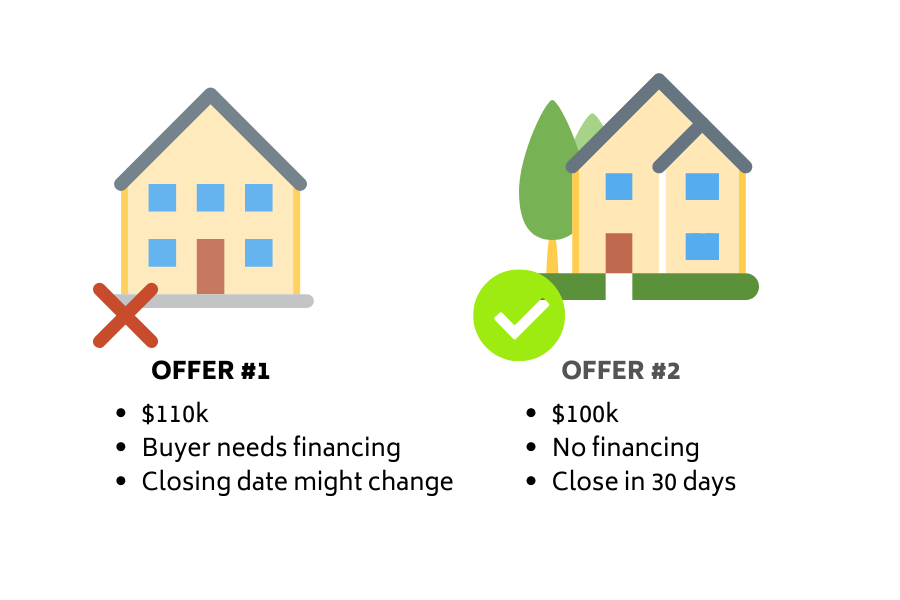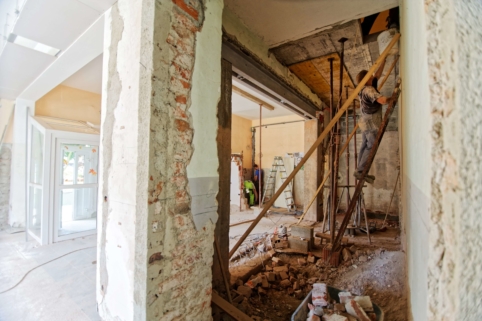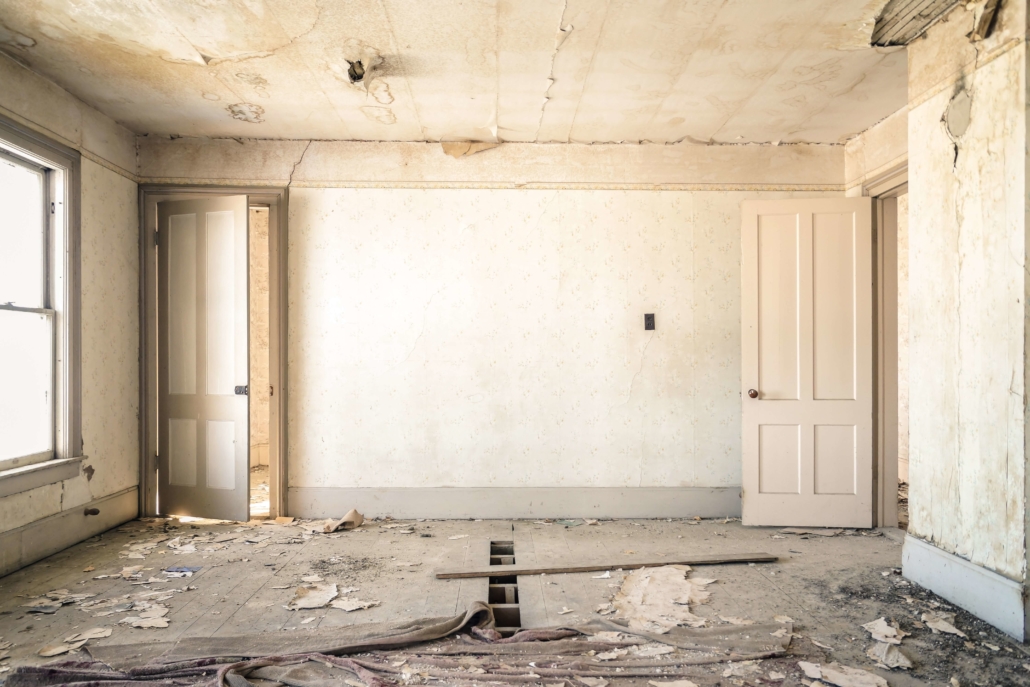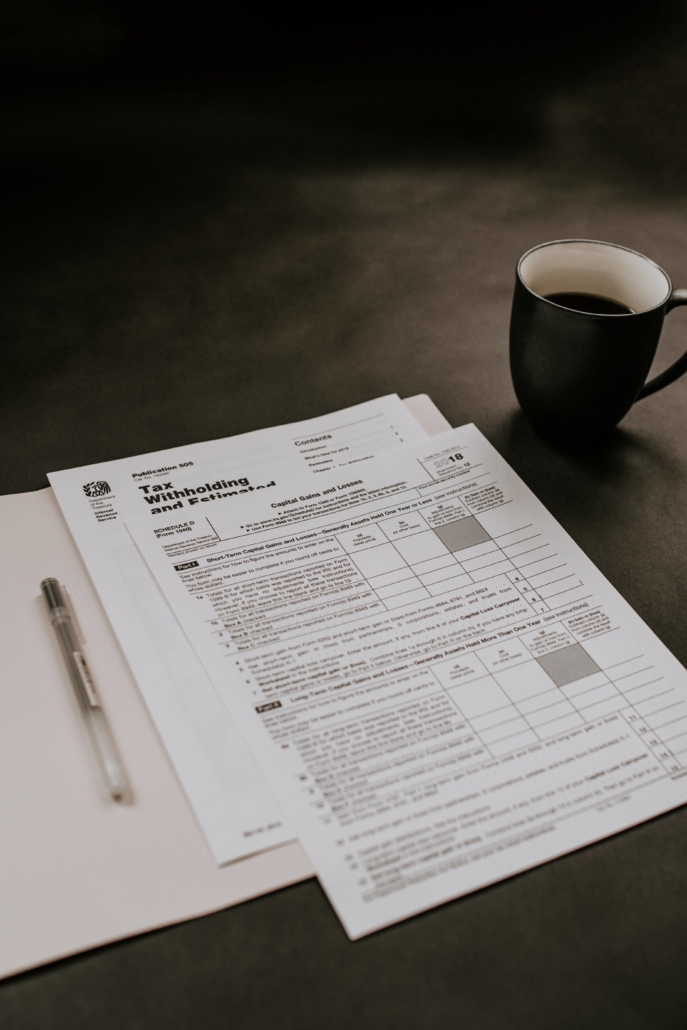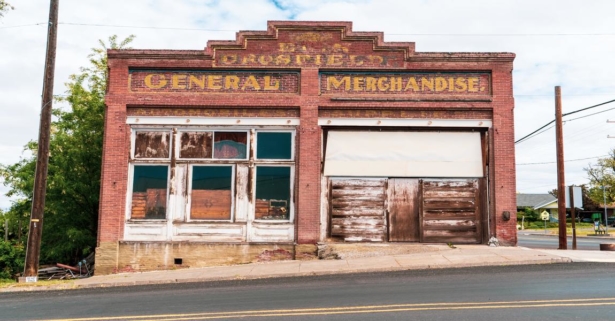Understanding the Basics of Home Mortgages
When you’re starting out in the real estate world, mortgages are one of the first things to learn about. They seem super confusing (after all, why is there a silent “t” in there?!), there are lots of different types, so where should you begin?
Welcome to the Real Estate 101 class where today, we’ll cover the mortgage basics. You don’t need to take notes (unless you want to). Sit back, relax, sip some coffee, and find the answers to frequently asked mortgage questions right here.
What is a mortgage?
Put simply, a mortgage is a loan. The median house price in the US was $226,800 in 2019. Very few people have that kind of cash laying around (and even if they did, their home purchase would have to be a wire transfer, but that’s another story). Most people wouldn’t be able to afford a house outright until their 40s or 50s, which is why mortgages exist.
Just like a car loan, a home mortgage allows you to pay off your house over time. You can reap the benefits of home ownership (such as having your own place and not paying rent to someone else) without having to put hundreds of thousands down upfront.
Do you have to get a mortgage to buy a house?

No, but most people do. Even if you have enough money upfront, no one can buy a house with outright cash. This is a massive transaction, so don’t expect to bring duffel bags full of cash to a homeowner and call it a day. If anything, expect account transfers, wait time, and, as always, lots of paperwork.
You will more than likely need a mortgage to buy a house. This involves having a good credit score, pre-approval from a lender, and final loan approval once the house you’re looking to buy has been appraised (and the house value matches up with what you’re requesting to borrow).
What happens to your mortgage when you sell a property?
How to sell a house with a mortgage
- Get a quote from your mortgage lender regarding your current payoff.
See how much is left on your balance.
- Find out if you have a prepayment penalty.
This sometimes exists if you’re selling your home after owning it for less than 5 years.
- Continue your mortgage payments up until closing day.
You might still have a final payment on closing day.
- If you end up owing on your mortgage on closing day, the proceeds of the sale will go towards covering it.
A new buyer doesn’t “take over” your existing mortgage.
- Any additional profits after paying off the mortgage and other seller’s fees are yours to keep.
This money is usually deposited into your account or goes to your next property if you’re buying and selling at the same time.
How do home equity loans and refinancing affect your mortgage?

Both refinancing and home equity loans offer homeowners the chance to convert their home’s equity into money that they can access.
While your first mortgage is for buying your property, a home equity loan is like a second mortgage. If you owe $200k on your mortgage but your house is worth $250k, you have access to a nice $50k that you can use. When you use that money to renovate or improve your house, you can even claim it on your taxes for a refund.
Cash-out refinancing is when you replace your current mortgage with a bigger one. Instead of taking out a second mortgage (like a home equity loan), you just have one big loan. The difference between your new loan and what you owe on your house is money that goes straight to your pocket (or as a wire transfer). That money can be used for anything.
When considering cash-out refinancing vs. home equity loans, it pays to do your research. And remember, this is money that you’ll still owe. You could risk foreclosure if you don’t continue making timely payments.
This concludes our Real Estate 101 class for the day, but all questions can be posted for our “professors” to review. One thing that we can all take away from today’s lesson: it doesn’t matter if you’re looking to buy a house or are preparing to sell — the more you know about mortgages, the better.

